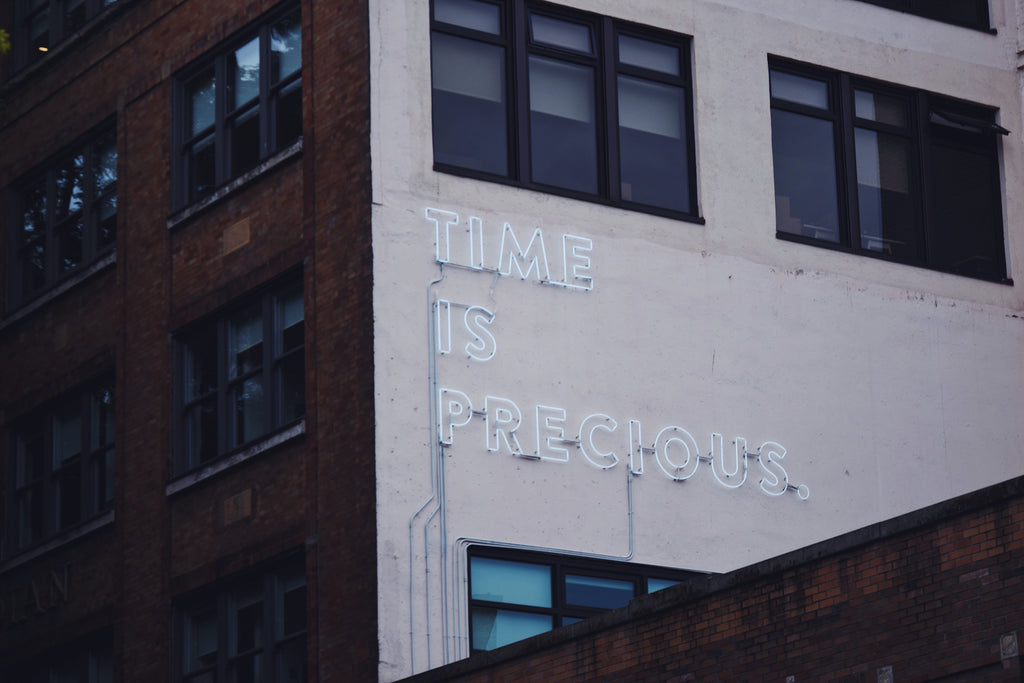All of us at one point have forgotten where we’ve put our car keys. Or failed to recall where you left your wallet or cell phone. These types of scenarios are all too common. But if you or a loved one suffers from memory loss whether it is because of age, dementia or Alzheimer’s, forgetting things can become increasingly regular. In these situations, it is physiological and chemical changes that can cause major hitches in brain function. It takes longer to learn and recall information.
A perfect example of this is the ability to tell time. One of the hallmarks of someone with Alzheimer’s, dementia or any other form of memory loss, is the inability to determine the hour, day, year or season. Many of us forget that the ability to tell time is an essential skill. It helps us orientate ourselves during the day. For example, seven o’clock in the morning might signal your wake up time. While noon might mean it’s time to eat lunch and ten o’clock might signal bedtime. But as a disease like Alzheimer’s progresses, the ability to determine the time can disappear rapidly or eventually altogether. Undoubtedly this is can cause anxiety and stress for the sufferer as well as their loved ones. That’s why it’s important to know that there is help; that this life skill does not have to be lost.
Why do people with memory loss struggle to tell time?
As brain reasoning declines in someone with memory loss, their ability to recognize numbers deteriorates. They begin to have difficulty to determining what the numbers mean. And if a person is able to tell time, they may not know if it’s 1am or 1pm. This is due to the fact that the logical parts of the brain that are normally used for telling time can no longer operate as well as they once did.
What problems can not being to tell time cause?
Can you imagine not knowing the time of day? Envisage being unsure of the day of the week or unaware of the season? Unfortunately, these are all possible scenarios for someone suffering from memory loss. A person who can’t orientate themselves with the time will start feeling very nervous and anxious throughout. He or she might repeatedly ask the question ‘what time is it’ to the point of angering their loved ones. This person may become verbally aggressive because they are feeling very unsure of their whereabouts and can’t orientate themselves.
An example might include a person with memory loss waits at the kitchen table for lunch at midnight. Yet they are thinking it is twelve noon. Or a sufferer wearing a winter coat outdoors in the middle of July is also something that is not uncommon for a sufferer.
How to help someone who can't tell time?

What is most important to remember is helping and encouraging the sufferer to tell time for as long as possible. This skill not only provides the person with a sense of control but also and feeling of independence, especially as the routine elements of their lives become increasingly irregular. So, buy a clock, but what kind? There are as many different clocks on the market as there are ways to tell time. Each one offers a distinct way to keep track of the day depending on the user’s specific needs.
The simplest clock is the day and night clock. It is similar to a standard clock with hands and a face. However, it also features of a daytime scene like a sun and clouds or a nighttime scene such as the moon and stars on the face of the clock. This type of time piece is usually used by people who have mild memory loss or are in the early stages of dementia.
A digital day and date clock spells out all the critical information its user would need to orientate themselves. It features the date, month and year written in clear block letters. Similarly to the day and night clock, this digital version is most effectively used by those suffering from mild memory loss or are in the early stages of dementia.
And finally there is the day clock a stripped-down version of a digital clock. It tells its user what day it is and whether it’s morning, afternoon or evening. That’s it! If the person suffering from memory loss is struggling with numbers or is unable to see the hands on a traditional clock, then this style of time-keeping device is ideal.
For people that do not suffer from memory loss or have a loved one affected by it, the idea that telling time might be challenging seems foreign. After all, we all learned to tell time in grade school with the long hand and the short hand. How difficult could it be? Yet, for those who have direct experience with memory loss, it is just that: difficult. A basic life skill that we all take for granted is either suddenly lost or is slowly becoming more difficult. The purchase of a clock that helps its users understand time can be a life-altering tool for many. It not only restores a sense of independence and reduces stress for its users, but reaffirms the idea that some life skills will not be lost despite the every changing environment around them.
American Lifetime understands the importance of telling time and what it represents. That’s why we offer our state-of-the-art Day Clock. It is designed to help those experiencing the challenges of memory loss to continue to live with independence and ease.
 Fast, Free Shipping On All Orders
Fast, Free Shipping On All Orders 

